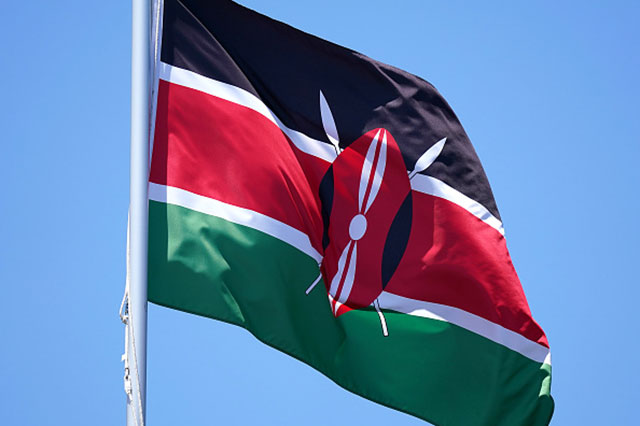Nairobi – Kenya’s highest court began on Tuesday weighing a legal bid to revive government plans to shake up the country’s political system, just months ahead of crucial elections.
The Supreme Court ruling on the proposed constitutional changes, expected after three days of hearings this week, may have major consequences for the August 9 presidential and parliamentary polls.
The government is seeking to overturn previous court rulings that rejected the sweeping reforms and the way they were introduced as unconstitutional, dealing a blow to President Uhuru Kenyatta and his allies.
The so-called Building Bridges Initiative (BBI) aims to expand the executive and overturn the winner-takes-all electoral system blamed for frequent explosions of poll-related violence in the East African nation.
ALSO READ | Kenya to appeal to Supreme Court over constitutional reforms
But Kenyatta’s detractors see it as little more than a naked grab for power by a two-term president who cannot run a third time, with the BBI potentially allowing him to assume a new post of prime minister.
The BBI was drawn up following a rapprochement between Kenyatta and his erstwhile opponent Raila Odinga and a famous handshake between the two men after post-election fighting in 2017 left dozens of people dead.
The proposed amendments to the 2010 constitution were approved by parliament in May last year and were then due to be put to a referendum.
But just two days later, the Nairobi High Court ruled they were illegal as the president did not have the right to initiate the process.
Kenya’s Court of Appeal in August upheld that view and said Kenyatta could even be sued in a civil court for launching the process.
Communal violence
Some analysts say that even if the Supreme Court sides with government and allows the proposals to be put to a public vote, there will likely not be time to hold a referendum before the August election.
With its diverse population and large ethnic voting blocs, Kenya has long suffered politically-motivated communal violence around election time, notably after a 2007 poll when more than 1,100 people died.
BBI’s supporters argue the project would improve fairness in the electoral system and help curb unrest, but critics warn it could undermine the country’s democratic institutions while creating more opportunities for patronage and corruption.
ALSO READ | Kenyan court rejects disputed bid to change constitution, a new blow to Kenyatta
The reforms called for the creation of the posts of prime minister and two deputies, as well as an official opposition leader, and the expansion of parliament with 70 new constituencies.
Odinga, a 77-year-old veteran politician who was the face of Kenya’s opposition for decades, announced in December he would make his fifth run for the presidency.
William Ruto, who Kenyatta had initially anointed as his successor, has been left out in the cold after Odinga’s 2018 pact with the president.
The 55-year-old Ruto, who is vehemently opposed to the BBI, is expected to run against Odinga in what is widely seen as a two-horse race for the country’s top job.
Follow African Insider on Facebook, Twitter and Instagram
Source: AFP
Picture: Getty Images
For more African news, visit Africaninsider.com


